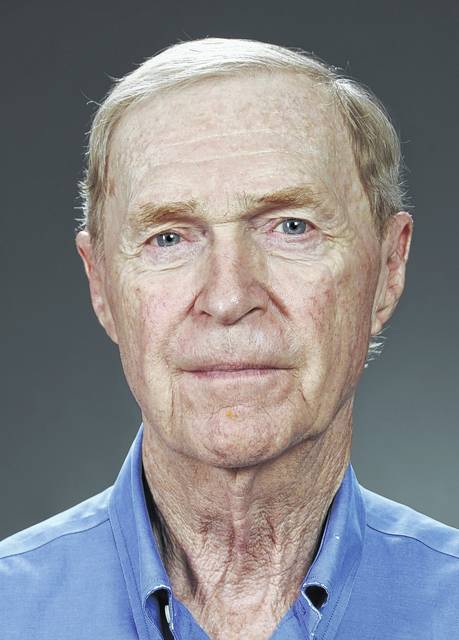America has traditionally been a place where a person could rise from meager beginnings to a comfortable living, what we call middle class. That’s changing. That opportunity bridge is collapsing. It is becoming much more difficult to improve our financial status because the jobs that made it possible are disappearing. Much has been written about the need to repair America’s physical infrastructure including bridges. But if those physical bridges fail, it will be only one bridge at a time. If the opportunity bridge comes tumbling down, the entire nation goes down with it.
During the past three decades, middle-class jobs have disappeared starting with manufacturing jobs and followed by the many businesses and services that supported the employees working in the manufacturing sector. The middle-class jobs have been replaced by low wage service jobs. The businesses have been replaced by big box stores and the internet web stores. While this was occurring, prices for housing, education, and medical care went through the roof. The low wages, intermittent employment, and high prices make advancement very difficult. The concern of some observers of this division between low wage workers and the more prosperous part of society is that it may become a permanent class barrier. We really don’t want our society divided by class, and certainly do not want half of our population denied an opportunity to succeed because of who we were when we were born or where we live.
Scholars who have examined the ways our laws are written conclude that, when there is a conflict of interest between the wealthy and everyone else, the U.S. Congress honors the wishes of the wealthy. In the words of Vanderbilt law school professor G. Sitaramen, “The number one threat to American constitutional government today is the collapse of the middle class.” He also writes in The Crisis of the Middle-Class Constitution, “Political scientists have even shown that the majority’s views have effectively no impact on public policy; the strongest predictor is the views of wealthy elites.” Jane Mayer, author of the book Dark Money, concludes that “…the Citizens United [Supreme Court] decision shifted the balance of power from [political] parties…to individuals who were wealthy… .” Professor Emeritus of economics at Massachusetts Institute of Technology Peter Temin writes in The Vanishing Middle Class that “…the earnings [buying power] of median-income workers have not risen for forty years.” “…the stretch of incomes is fraying the nation.”
College education has been one of the roads to achievement, but that avenue is now obstructed by the high cost of a college education, a price that prevents admission for some or a debt that burdens others for decades. Encouraging college education may not solve the problem according to Richard Florida’s recent pronouncements in The Urban Crisis. He writes that, “…college… degrees will not rebuild the middle class… .” “There are simply not enough knowledge jobs to go around.”
According to several analyses including one by PricewaterhouseCoopers, 30 to 40 percent of American jobs could be lost to computerization and automation in the foreseeable future. As Edward Luce, Washington, D.C. columnist for the “Financial Times” puts it, in Western countries including the United States, “The downward pressure on the incomes of the …middle classes in the coming years will be relentless.”
Robert Putnam, a Harvard professor, grew up in a pleasant Ohio community where the prosperous and the not so prosperous lived side by side, went to the same school, and played on the same sports teams. Now, he says, the prosperous have departed to their own enclave, leaving the schools and public services underfunded, and 40 percent of the children are living in poverty. That is happening across America; we are insufficiently united to face a very competitive world, and that world is going to challenge us.
America faced a similar situation during the Great Depression and overcame the poverty. We can solve the current set of problems, but we are going to have to weigh in politically to do the job. After all, America is a democracy. It is our duty to shape America’s future.

